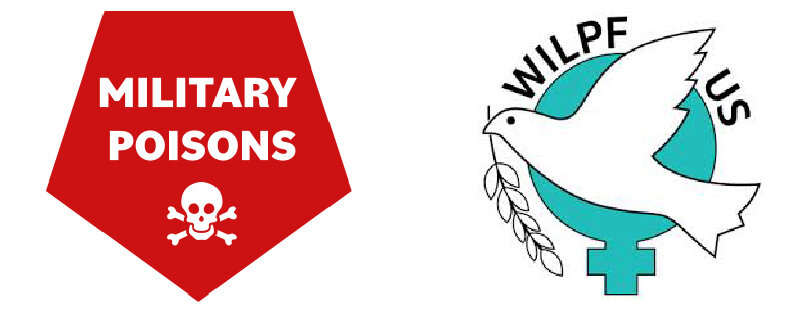Flyer - Navy Reports Massive Levels of PFAS Contamination in Chesapeake Beach
May 15, 2021 - Soil collected at the burn pit (X) on the Naval Research Laboratory’s Chesapeake Bay Detachment contains 8 million parts per trillion of PFAS, among the highest levels reported anywhere worldwide.
PFAS, or per- and poly fluoroalkyl substances have been linked to liver, breast, kidney, testicular and prostate cancers, as well as fetal abnormalities, and ADHD and childhood asthma.
The chemicals are present in firefighting foams and are used in training exercises on base. The toxins are allowed to contaminate groundwater, streams, and the bay.
The deadly foams have been in use here since 1968, longer than anywhere. They do not break down in nature.
Fish, oysters, and crabs are likely to be severely contaminated as they are close to military installations across the country, including the Patuxent River Naval Air Station in St. Mary’s. PFAS bioaccumulates in aquatic life.
Fish near bases have been found to contain 10 million parts per trillion (ppt) of the chemicals, while health officials warn people not to consume more than 1 ppt of PFAS in drinking water daily.
People with wells are advised to have them tested for the chemicals.
The Navy is urging public participation during an online Restoration Advisory Board (RAB) meeting set for Tuesday, May 18th, 5:00 - 7:00 p.m. to discuss the contamination.
To learn how to join the meeting, google: NAVFAC Environmental Chesapeake Beach. Click on the RAB briefing slides.
For an independent analysis go to www.militarypoisons.org and see the article, “Navy Reports Massive Levels of PFAS Contamination in Chesapeake Beach, Maryland.”
This flyer was produced without the consent of naval authorities. Questions/comments? Click “Contact” on the Military Poisons website.

